Description
Introduction
The Intrusive Welding Pig Signaller is a bidirectional, intrusive device used to monitor the passage of pigs through a pipeline. It can be equipped with various types of displays, including A, B, C, and D. The Intrusive Welding Pig Signaller’s SN2-TQZ sealing material works with a number of different fluids, such as oil, natural gas, cold water, seawater, compressed air, and oil. However, it’s not suitable for use with certain media, such as oxidizing solid substances, chlorinated hydrocarbons, aromatic hydrocarbons, basic hydrocarbons, ketones, and esters.
When a pig passes through the pipeline, the bidirectional trigger actuates each display as follows:
- A: It triggers a magnetic lock-type pop-up flag.
- B: The signaller’s indicator flag shifts from a horizontal state to a vertical state.
- C: The indicator flag again changes from horizontal to vertical, and a single-pole double-throw (SPDT) or double-pole double-throw (DPDT) electrical switch is activated and maintained.
- D: A digital time display begins counting, marking the actual time when the storage is triggered. The SPDT or DPDT electrical switch remains active until the factory-set timing time is reached, at which point the display returns to the standby state.
Working Principles of The Intrusive Welding Pig Signaller
Using the SN2-TQZ as an example, the working principle of an Intrusive Welding Pig Signaller is as follows: The device has a bidirectional trigger striker mounted at the end of a movement on the base. This striker extends into the interior of the pipe, close to the pipe wall. As a pig travels through the pipe, it pulls on the striker, which in turn pulls on a connecting rod. This action causes a flag cap to pop up. Once the flag cap has popped up, it remains in this ejected state until manually reset, indicating the pig’s passage. After the pig has passed, the striker automatically returns to its original position. At this point, you can press the flag cap forcibly to reset it, putting the device back into standby mode. If pressing the flag cap does not reset it, this suggests that the pig is still present and the striker has not returned to its original position.
Main Technical Indicators
1. Working pressure: 0~5 MPa and 0~16 MPa (or designed according to user needs);
2. Operating Temperature: -20 ~ 120 °C (complete value, which may differ depending on the medium)
3. Base material: Q235A or 20 # (standard configuration)
4. Media compatibility: see overview
Installation Method of Welding Pig Signaller
- Installation Guide
- Preparation: Depending on the specific model of the device and the thickness of your pipe, drill a hole in the pipe. For the SN2-TQZ model, which is larger than 114 in diameter, drill a hole of 51mm for pipes 4–15mm thick and 56mm for pipes 16–25mm thick.
- Installation and Testing:a. Adjusting the Striker’s Length: The striker is a part of the device that needs to reach into the pipe. You can adjust its length by turning a part of the device called the ‘movement’. After you install the device, the striker should be slightly above the inside wall of the pipe. There should be a specific distance (labeled ‘B’) between the top of the device and the top of the base.b. Welding and Installation: This process has four steps:
- Step 1: Put the device into the hole you drilled in the pipe. Make sure it’s in line with the direction of the pipe. Weld a small point to keep it in place. If the device doesn’t fit perfectly, you might need to hold it manually.
- Step 2: Remove the movement part from the base and keep it in a clean box.
- Step 3: Weld the base of the device onto the pipe, following standard welding procedures.
- Step 4: Once it’s cool, apply some oil to the sealing surface of the device and the base. Put the device back on the base. Make sure that distance ‘B’ is the same as before and that the device is still in line with the pipe. Tighten a part called the ‘lock nut’ to seal the device and prevent it from rotating.
Type A Sensitivity Inspection and Adjustment
The Welding Pig Signaller uses a stainless steel cylinder, which is detachable and installed on the sealing sleeve. The cylinder serves to protect and limit the indicator flag. After installing the Welding Pig Signaller, you might want to check its sensitivity and reliability. To do this, you can simulate the downward movement of the connecting rod by removing the stainless steel cylinder. When you unscrew the cylinder, the flag cap will pop up.
The device is designed so that the maximum displacement generated by the connecting rod (when the striker moves to create a 90-degree deflection) is 13 mm. This displacement corresponds to the distance the stainless steel cylinder moves out when the flag cap pops up.
You can enhance the sensitivity of the ball indicator by rotating the stainless steel cylinder counterclockwise. However, be careful not to increase the sensitivity to the point where the connecting rod’s displacement is less than or equal to 3 mm. If you rotate the cylinder anticlockwise twice, the flag cap will pop up.
Before using the ball indicator in temperatures below freezing, ensure the flag cap isn’t frozen onto the stainless steel cylinder. You can check this by turning the stainless steel cylinder counterclockwise. If the flag cap pops up, the device is working fine. If it doesn’t pop up, the flag cap might be stuck. In that case, you should separate them, dry the contact surface between the two, and reassemble it to its original position.
Our Service
Our Commitment
Customer satisfaction is our top priority at our organization. We’re proud to offer a diverse selection of welding pig signallers, designed to cater to a wide range of specific needs. Feel free to connect with us to discover the solution that best aligns with your requirements.
Quality Assurance
To demonstrate the superior quality of our offerings, we give clients the opportunity to request sample units. We believe in the excellence of our products and want you to experience it firsthand.
Customer Service
Our operations revolve around providing excellent customer service. Our team stands ready to provide immediate responses and address your questions or concerns. We’re here to help you as soon as possible.
Delivery and Packaging
We understand the importance of timely delivery. That’s why we strive to fulfill your orders as quickly as possible. Our online support is always at your service, 24/7, ensuring your needs are met at any time of the day or week.
Our products are conveniently packaged in cases for a variety of advantages, including:
- Cases are lightweight yet strong, featuring clean lines and providing insulation. They maintain their shape without deforming.
- The use of CASES eliminates the need for fumigation, resulting in a more streamlined shipping process.
In all that we do, we’re committed to delivering top-notch chemical injection quills efficiently, with an unwavering focus on customer satisfaction.

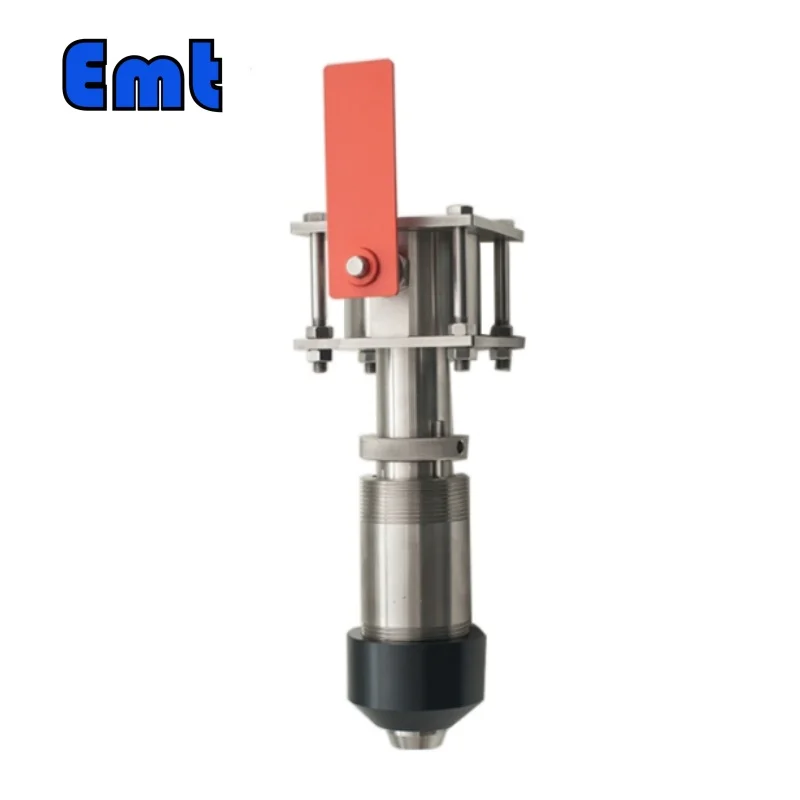
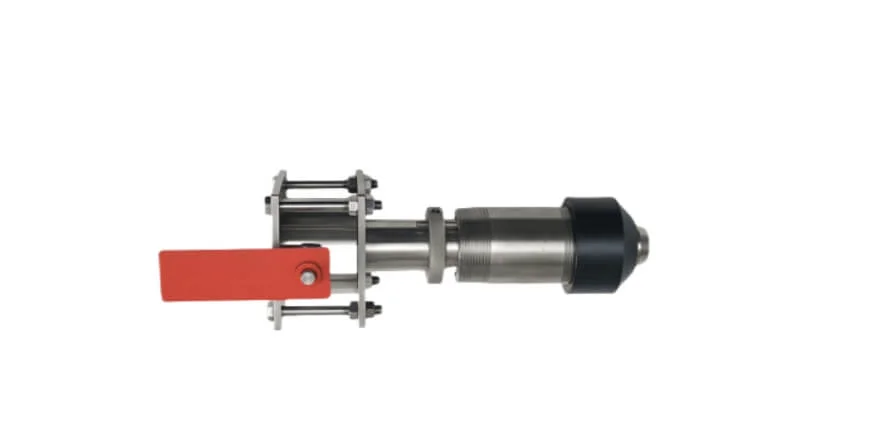
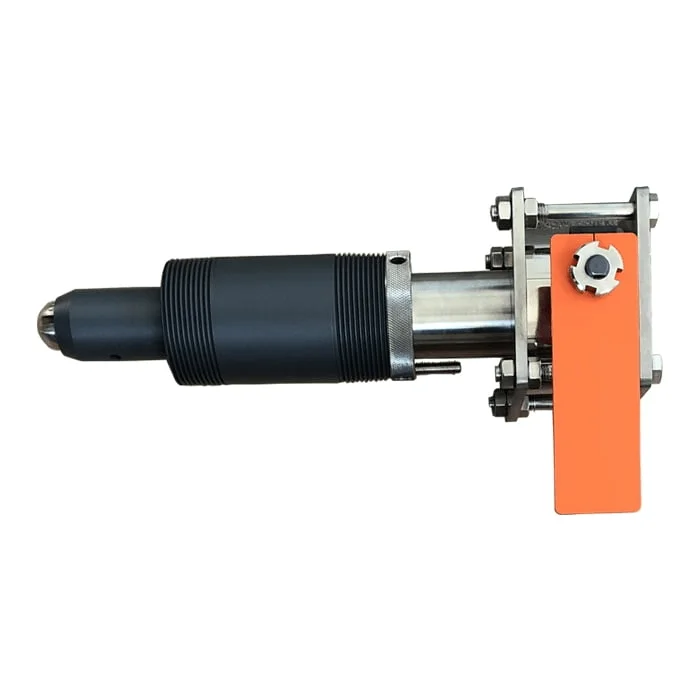
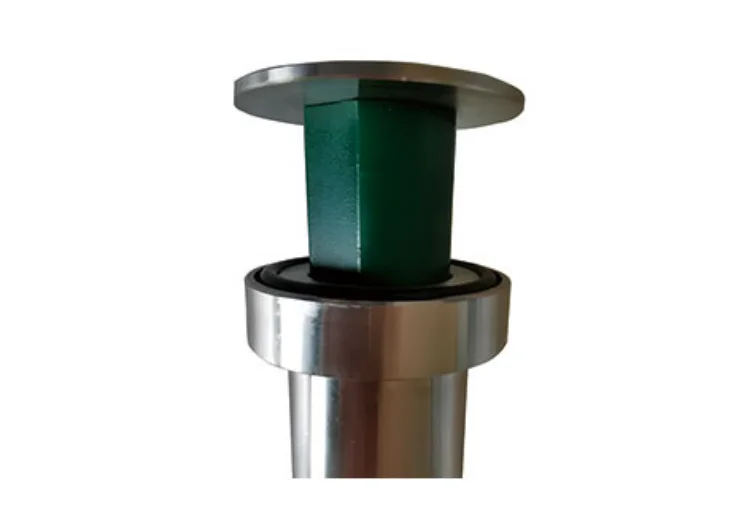
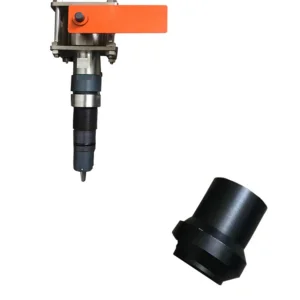
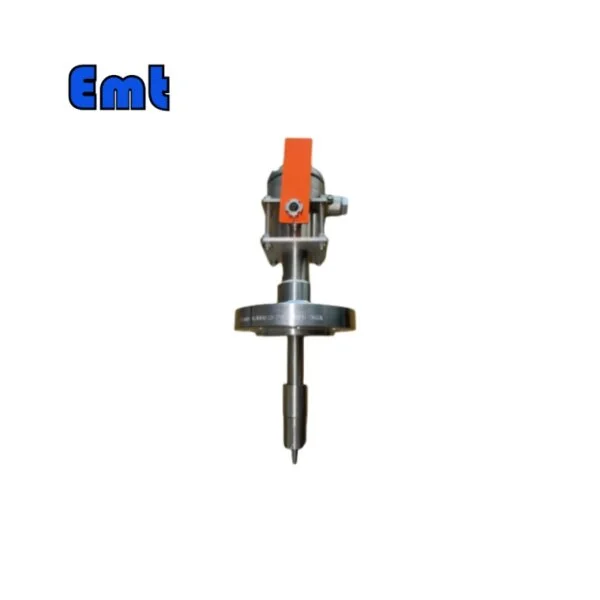
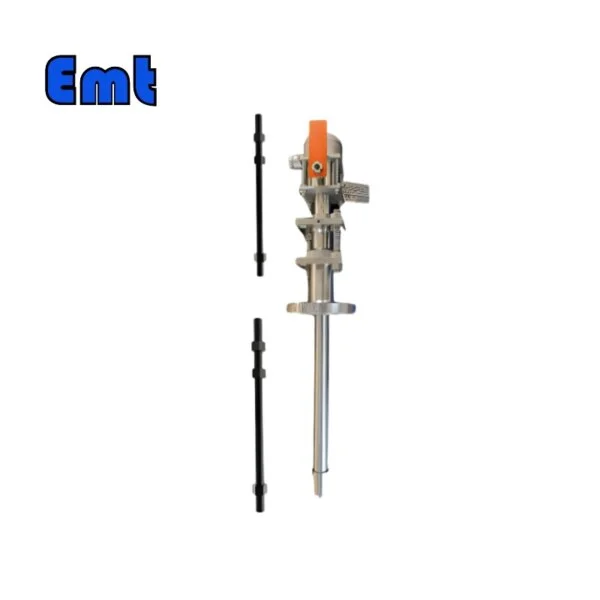
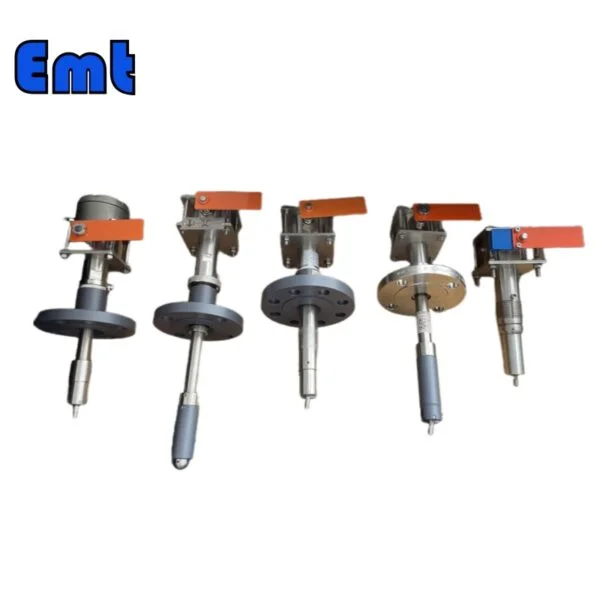
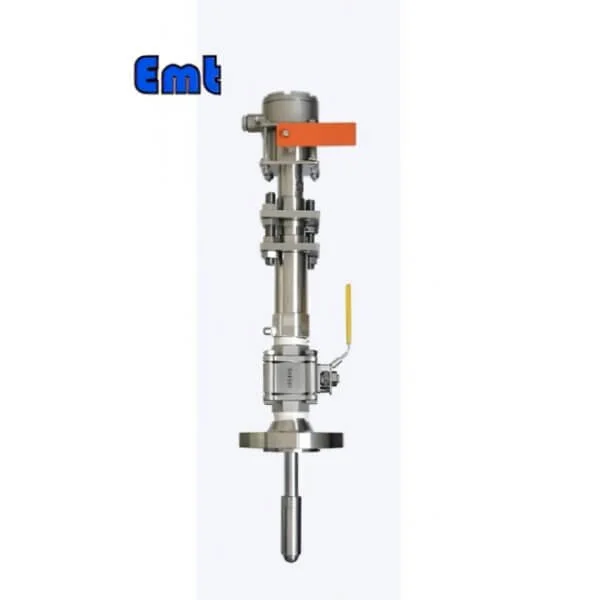
Reviews
There are no reviews yet.